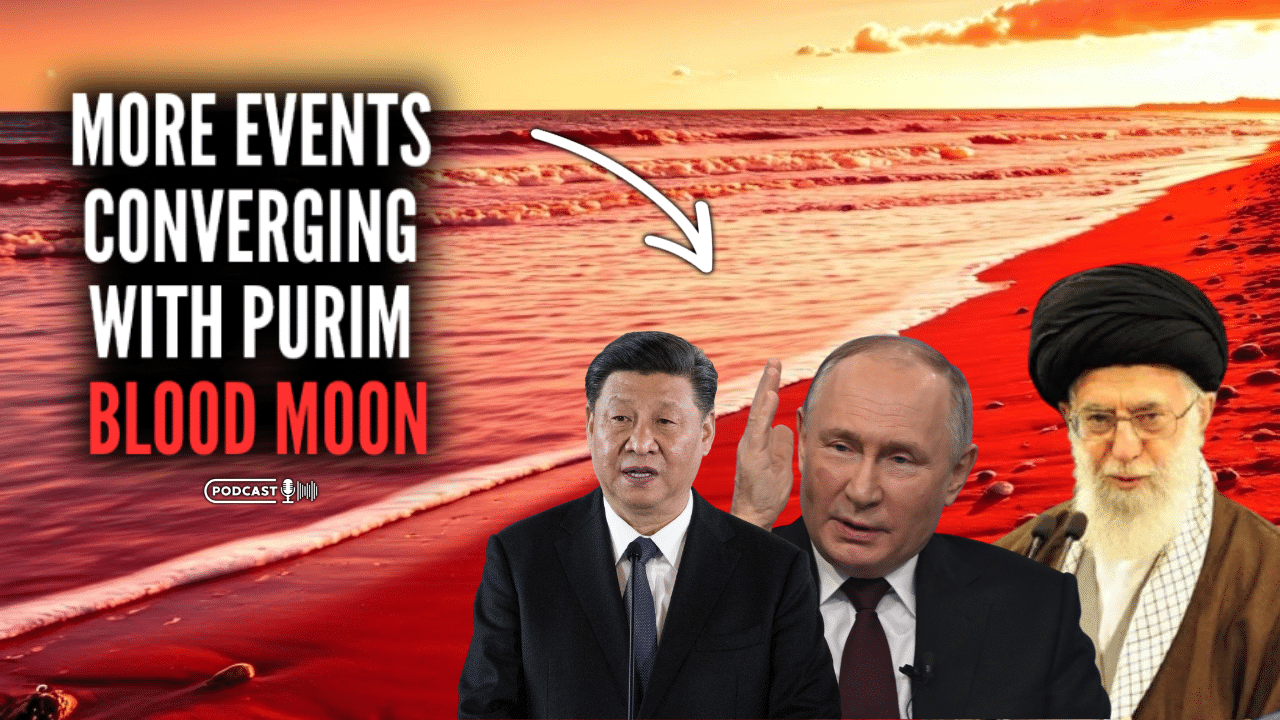(OPINION) What people believe about the End Times impacts how they operate in their daily lives, according to experts on eschatology.
Dallas Theological Seminary theology professor Michael J. Svigel and author and scholar Darrell Bock discussed the topic in a recent episode of “The Table” podcast.
Svigel stressed the importance of understanding eschatology, cautioning that Christians must “know where we are in the story” to “know how to live and what to believe.”
“We need to know where we are,” he said. “There is a feedback loop as you’re thinking about details of the end and how this is going to work out, how it’s not going to work out, how do we get there? These are all questions that are answered by the details of eschatology.
“Is this something that we have to establish in our own age prior to Christ’s return versus [do] we have another mission until Christ returns? Or is it a little of both? How you answer those questions is going to affect, if you’re consistent with your eschatology, how you live on that Monday morning.”
Bock warned that, by not wanting to learn details about the End Times, some Christians are “missing some things that you need to know and understand and appreciate in order to understand who you’re supposed to be now.”
“In fact, the failure to understand where eschatology takes us probably makes us more nervous in this time, and then we’re more likely to make mistakes,” Bock stressed.
The experts then discussed the three dominant ideas in Christianity about the End Times: premillennialism, which argues that Christ will return before His 1,000-year reign is established; postmillennialism, which sees Christ’s Second Coming as occurring after 1,000 years of “a golden age or era of Christian prosperity and dominance;” and amillennialism, which argues that there will be no millennial reign and that the 1,000-year reign mentioned in Revelation is not literal.
“If you’re amillennial and you believe Jesus can come back and form the new Heavens and the new Earth, you’re less likely to be concerned about the role of Israel and the plan of God, just by that default,” Bock explained.
“If you’re premillennial, you’re going to be concerned with figuring out, ‘OK, so when is Jesus coming back to set this all up?’ If you’re postmillennial, you’re going to be working hard to fix things until we get there. And so, those break out into three very different general approaches, depending on which space I’m in.”
Svigel briefly described how these different perspectives on the End Times have influenced the behaviors of Christians over the centuries, leading to different outlooks on everyday life.
“There have been what I would call passive evangelistic post-millennialism, where you just preach the Word and eventually, miraculously, there’ll be this pouring out of the spirit and the world will convert,” said Svigel.
“But then there’s, on the other extreme, has been militant post-millennialism, where our job is to pick up the pitchforks and the spears and overthrow the king and the church and establish a perfect society.”
Svigel added that “how you answer those questions just by those examples has been very, very important to your day-to-day living, how you view the mission of the Christian.”
Bock spoke about how one’s views on the End Times shape how they might approach “involvement in public space,” with him referring to a “theocratic expectation” of things.
“A ‘theocratic expectation’ is the idea of governments that are called to live by God’s values, no matter what. And you’re going to enforce those values by the way you structure your government, as opposed to an approach that says, ‘Well, we should live by God’s standards, but we also understand we’re living in the world,’” he explained.
“Those are big orientation questions. Most people float through their theological life not even thinking about them, but they end up, depending on what they’re absorbing, having a theological and eschatological worldview whether they realize it or not. And so, it’s much better to be aware of what’s going on around you than not being aware of what’s going around you.”










